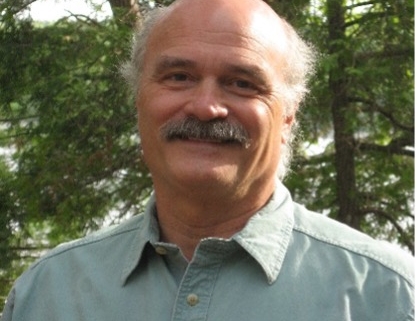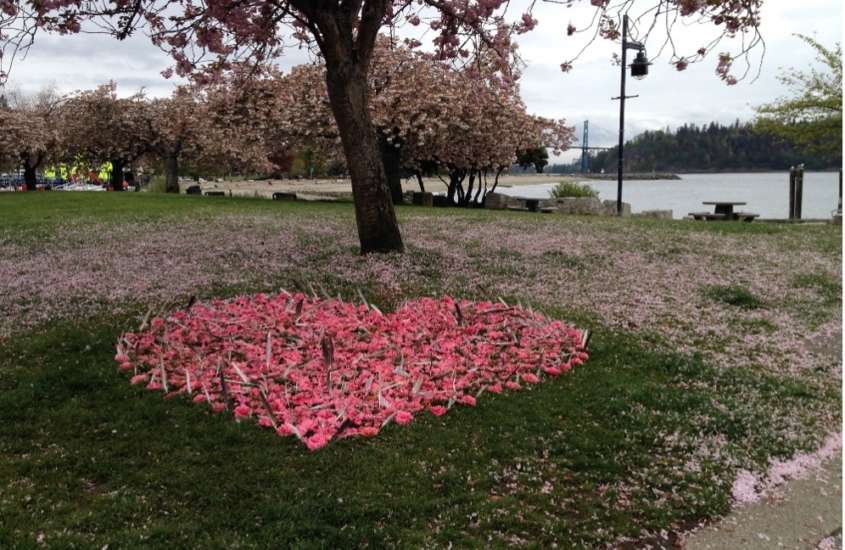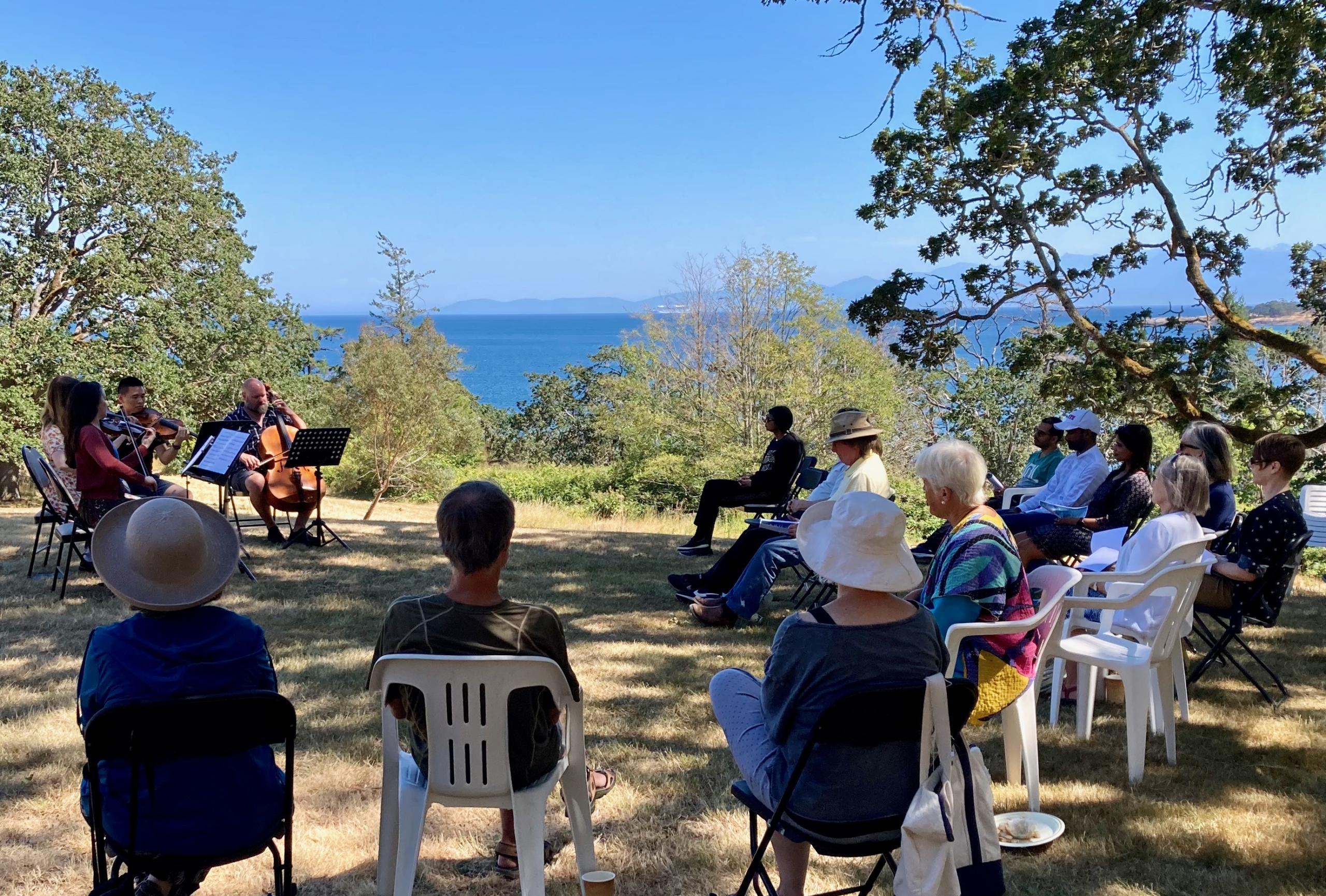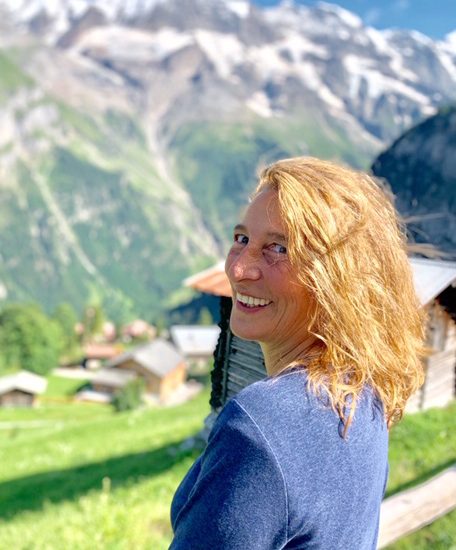Self-inquiry with Ralph Tiller and David Bruneau, November 10, 2024
Self-inquiry
With Ralph Tiller and David Bruneau
November 10, 2024
At Metchosin location
Seven people were present for this meeting sponsored by the Krishnamurti Educational Centre of Canada and held at the Metchosin location on a cloudy, grey day which kept us inside at the 538 Swanwick Road building. Ralph gave a short introduction to the proceedings and asked if there were any pressing questions that participants wished to share with the group. If not, he explained, we could choose a passage from the Krishnamurti work The Book of Life: Daily Meditations with Krishnamurti for reading and discussion. Another suggestion was to watch a video of K being interviewed on BBC Television. One participant spoke up to say that since recently beginning to study Krishnamurti’s teachings in greater depth she had found herself in conflict with the values and ideas of her parents and family. This had become especially obvious while watching the US elections featuring Donald Trump and she had felt an urge to isolate herself and cut off from the society around her. How, she inquired, would Krishnamurti recommend we proceed in such a case? In response several participants brought forward the necessity, pointed out by K, to be sensitive and compassionate with others of different views. Such compassion could develop when a person took up the challenge of observing their own thoughts and feelings in their many small reactions to the life and people around them. Such attention might bring forward a sense of love which could change the individuals and change the world. This idea was agreed upon by many of the group and some expressed that the dialogue had been helpful and enlightening.
DB





